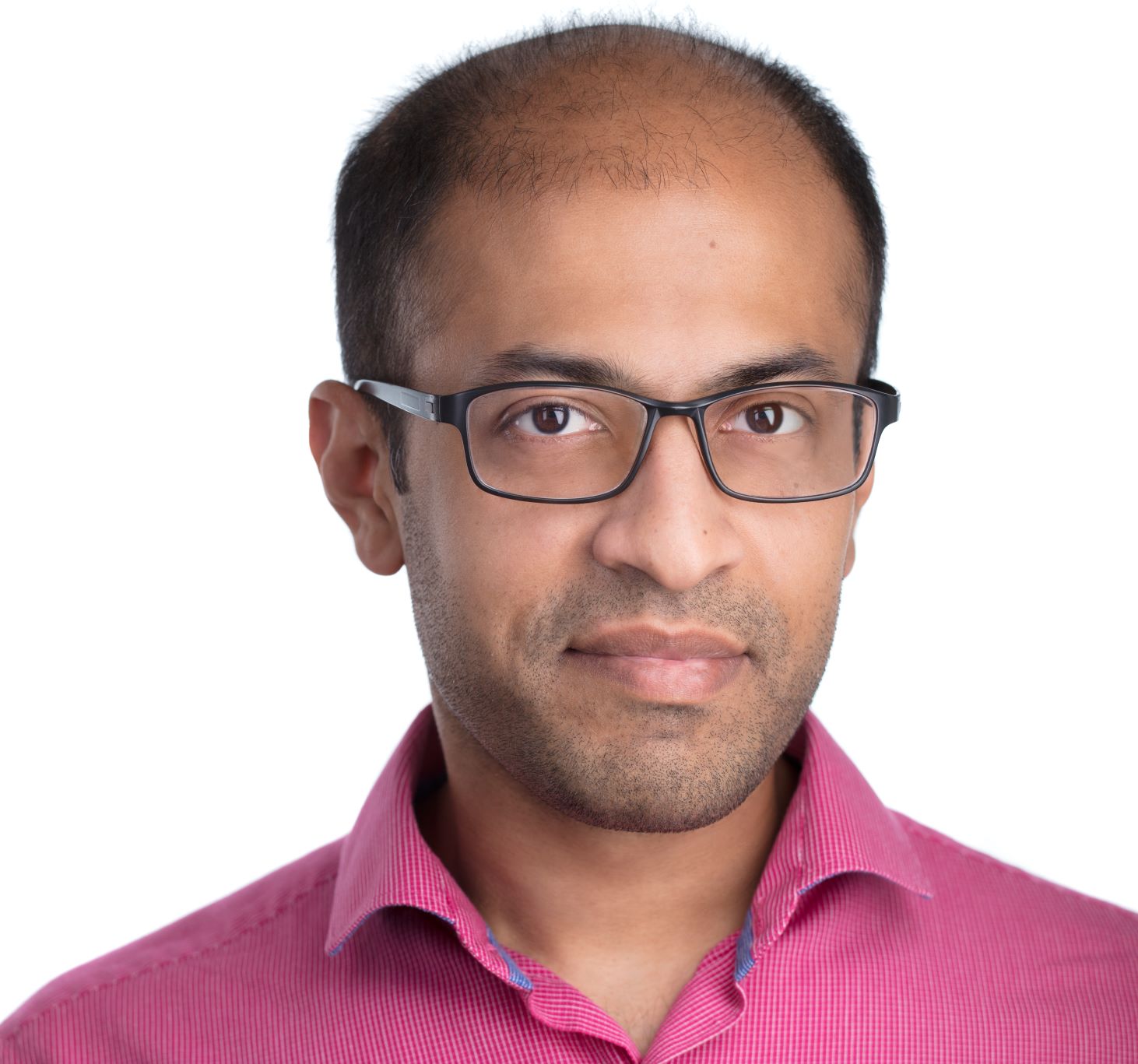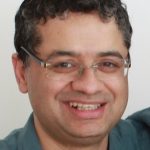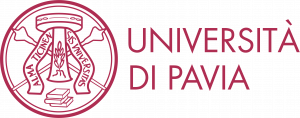MASCOTS 2023
October 16-18, 2023
Stony Brook, NY, USA
16 Oct (Monday) 13:15-14:45
Keynote: Dr. Tamar Eilam, IBM Research
Title: The elephant in the room: Is AI Sustainable?
Abstract: The rapid proliferation of AI technologies has brought about unprecedented advancements in various sectors, from healthcare to transportation. However, the extensive computational requirements of AI models, especially deep learning algorithms, have raised questions about their energy consumption and carbon footprint. This presentation aims to shed light on the principles of Sustainable Computing and the complex relationship between AI development and the environment.

Bio: Dr. Tamar Eilam is an IBM Fellow and Chief Scientist for Sustainable Computing in the IBM T. J. Watson Research Center, New York. Tamar is leading research strategy aiming at drastically reducing the carbon footprint associated with computing across infrastructure, systems, software, data and AI. Tamar completed a Ph.D. degree in Computer Science in the Technion, Israel in 2000. She joined the IBM T.J. Watson Research Center in New York as a Research Staff Member that same year. She was recognized as an IBM Fellow in 2014.
17 Oct (Tuesday) 13:30-15:00
Keynote: Dr. Siddhartha Sen, Microsoft Research New York City
Title: The case for modeling humans in AI System design
Abstract: I will make the case for modeling and understanding human behavior in the design of AI systems, using examples from request scheduling, video streaming, and gaming. Beyond allowing us to give humans a better quality of experience, it also allows us to help them advance their own skills. This results in a much more productive relationship between humans and AI.

Bio: Siddhartha Sen is a Principal Researcher in the Microsoft Research New York City lab. His research trajectory started with distributed systems and data structures, evolved to incorporate machine learning, and is currently most inspired by humans. His current mission is to use AI to design human-oriented and human-inspired systems that advance human skill and achievement. Siddhartha received his BS/MEng degrees in computer science and mathematics from MIT, then worked for three years as a developer in Microsoft’s Windows Server before returning to academia to complete his PhD from Princeton University. Siddhartha’s work on data structures and human/AI systems has been featured in several textbooks and podcasts.
18 Oct (Wednesday) 10:30-12:00
Keynote: Prof. Vishal Misra, Columbia University
Title: From Self-Similarity to LLMs: A journey with Markov Models
Abstract: In this talk, we delve into the power and ubiquity of Markov models, the foundational tool of the performance modeling community. We’ll explore three diverse examples to appreciate their elegance and broad applicability. Our journey commences with the modeling of network traffic, where Markov models unravel the enigma of data network traffic’s “self-similarity.” Next, we turn to the application of Markov models in understanding and describing TCP’s congestion control mechanism. Finally, we arrive at the topic on everyone’s mind today: Large Language Models (LLMs). We present a Markovian model for LLMs that facilitates the comprehension and explanation of their behavior, encompassing aspects such as “in-context learning” and prompt engineering techniques like “chain of thought reasoning.” To conclude, we discuss open problems within this field, inviting our community to explore further.

Bio: Vishal Misra is a Professor in the Department of Computer Science and Electrical Engineering at Columbia University. He is an ACM and IEEE Fellow and his research emphasis is on mathematical modeling of systems, bridging the gap between practice and analysis. As a graduate student, he co-founded CricInfo, which was acquired by ESPN in 2007. In 2021 he developed one of the world’s first commercial applications built on top of gpt3 for ESPNCricinfo, and has been subsequently modeling the behavior of LLMs. He also played an active part in the Net Neutrality regulation process in India, where his definition of Net Neutrality was adopted both by the citizen’s movement as well as the regulators. He has been awarded a Distinguished Alumnus Award by IIT Bombay (2019) and a Distinguished Young Alumnus Award by UMass-Amherst College of Engineering (2014).



